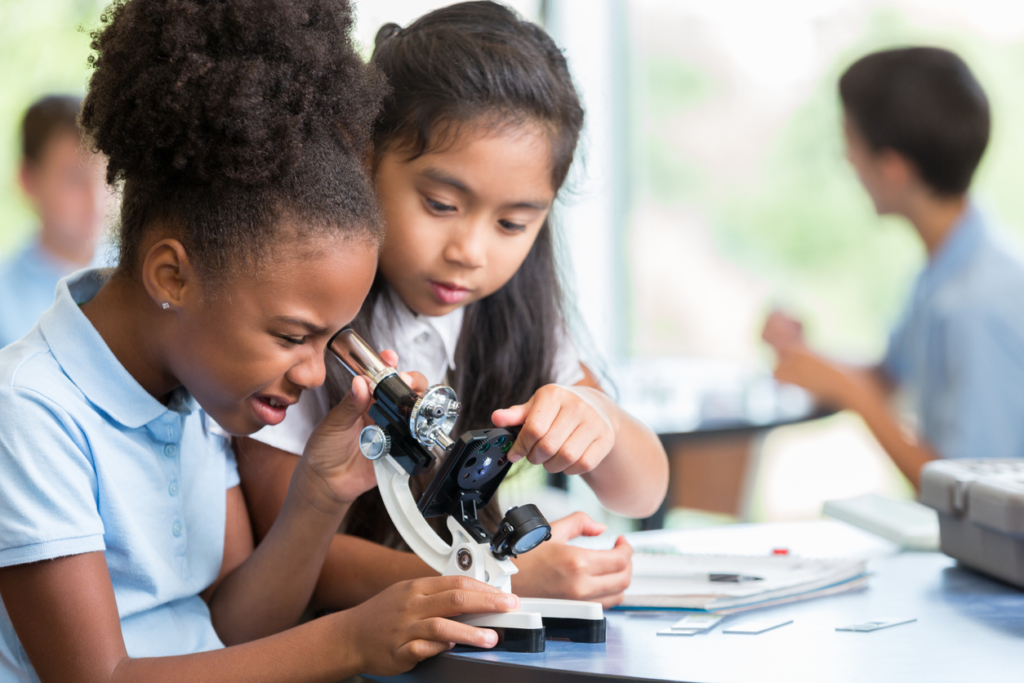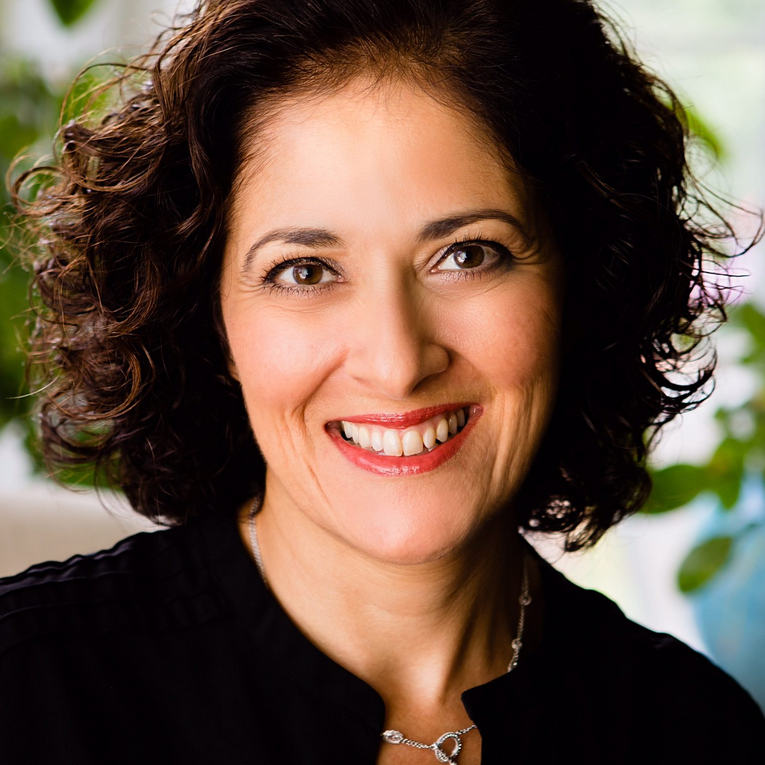Rather than wait for a global solution or try to solve the biggest problems, look to your sphere of influence—whether it’s your neighborhood, family, department, or school community—and begin to create ripples there.
Homa Tavangar, Co-Founder, Big Questions Institute
A recent Op-Ed headline in The New York Times caught my attention: ”Science Alone Can’t Heal a Sick Society.” In the piece, prominent epidemiologist Dr. Jay Kaufman tells the story of Rudolf Virchow, who in 1848 was sent to investigate a typhus epidemic raging through what is Poland today.
Dr. Virchow’s meticulous report linked poverty and social exclusion to the epidemic, concluding “that if you changed these [social] conditions, the epidemic would not recur.” He wholeheartedly believed the spread of typhus represented “an unnecessary crisis.”
This history propels Dr. Kaufman to make comparisons with today’s COVID-19 pandemic. Despite all the scientific know-how, so much that stands in our way is social. In countries like Norway, New Zealand, Iceland, and Taiwan, where there were far fewer cases and deaths, they also enjoy a sense of social cohesiveness, trust, and collective well-being. (And, not coincidentally, far more women are in charge, too.)
Thousands of peer-reviewed studies looking for clues to pandemic solutions suggest that what distinguishes epidemic severity across distinct geographic areas are, as Dr. Kaufman puts it, “relational factors like economic equality and social trust,“ not contagiousness, variants, comorbidities, and the like.
For leaders in education, we find important insights from epidemiology’s lessons. Among these:
- Even if a plan seems brilliant, community trust and cohesiveness must be in place in order to implement it.
- Fabulous curriculum, like airtight science, won’t save us if society/community doesn’t trust or support you in carrying it out.
- When a community shares a collective sense of right and wrong—of purpose—this gets to the “WHY.” When we are clear on our why, then the how becomes easier to figure out.
- Arriving at trust or social cohesion is hard, but it is possible, especially in micro-communities. Start with small steps that center human relationships. Do this by actively listening. Find common ground.
- Decisions made by diverse people with divergent perspectives will be harder to arrive at, but have a better chance of producing lasting, trusted results for the common good. Look around at the table of analysts and decision-makers: if you don’t see deep, intersectional diversity, you won’t see lasting impact since perspectives will be limited and trust will be tenuous.
In our work at the Big Questions Institute, we have found, amidst one of the most contentious school years ever to launch, that achieving any one of these bullets may seem daunting. Try one. Start small.
In our deliberations with education leaders globally, we have been gravitating to Margaret Wheatley’s concept of “islands of sanity.” These “islands,” or spheres of influence, ”evoke and rely on our best human qualities to create, relate, and persevere.” Rather than wait for a global solution or try to solve the biggest problems, look to your sphere of influence—whether it’s your neighborhood, family, department, or school community—and begin to create ripples there.
To take a lesson from epidemiology, on your own “island of sanity,” focus on restoring trust. This means less competition and more cooperation. It calls for cutting back certain processes like test prep and strict grading regimes, in favor of building a collective sense of well-being and belonging. And, examining what stands in the way of equity and inclusion. It calls for slowing down by listening to student, parent, and staff voices to shape the path and not quickly running ahead with your own or an “expert’s” brilliant idea. Listening and pausing can be courageous.
Dr. Kaufman asserts that restoring faith in science calls for a social and political reckoning: “The real problem is simply that sick societies have sick institutions.” Like science, education is not shielded from such maladies. To restore faith in schools, we must be healers—not only of the mind and body, but of the collective spirit, too.

